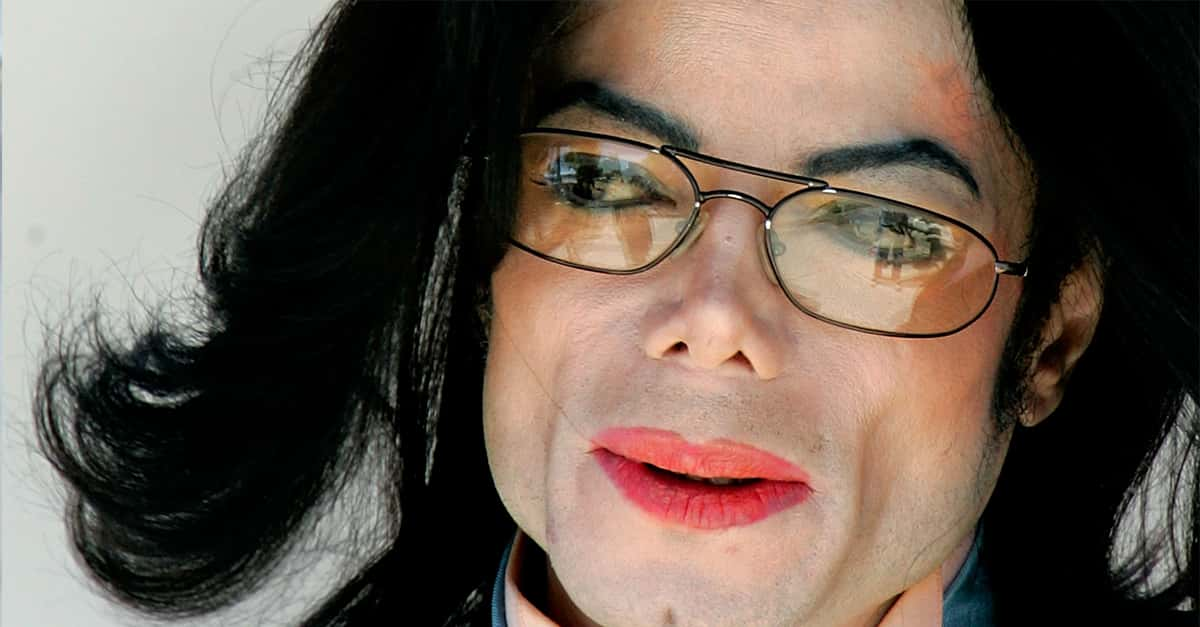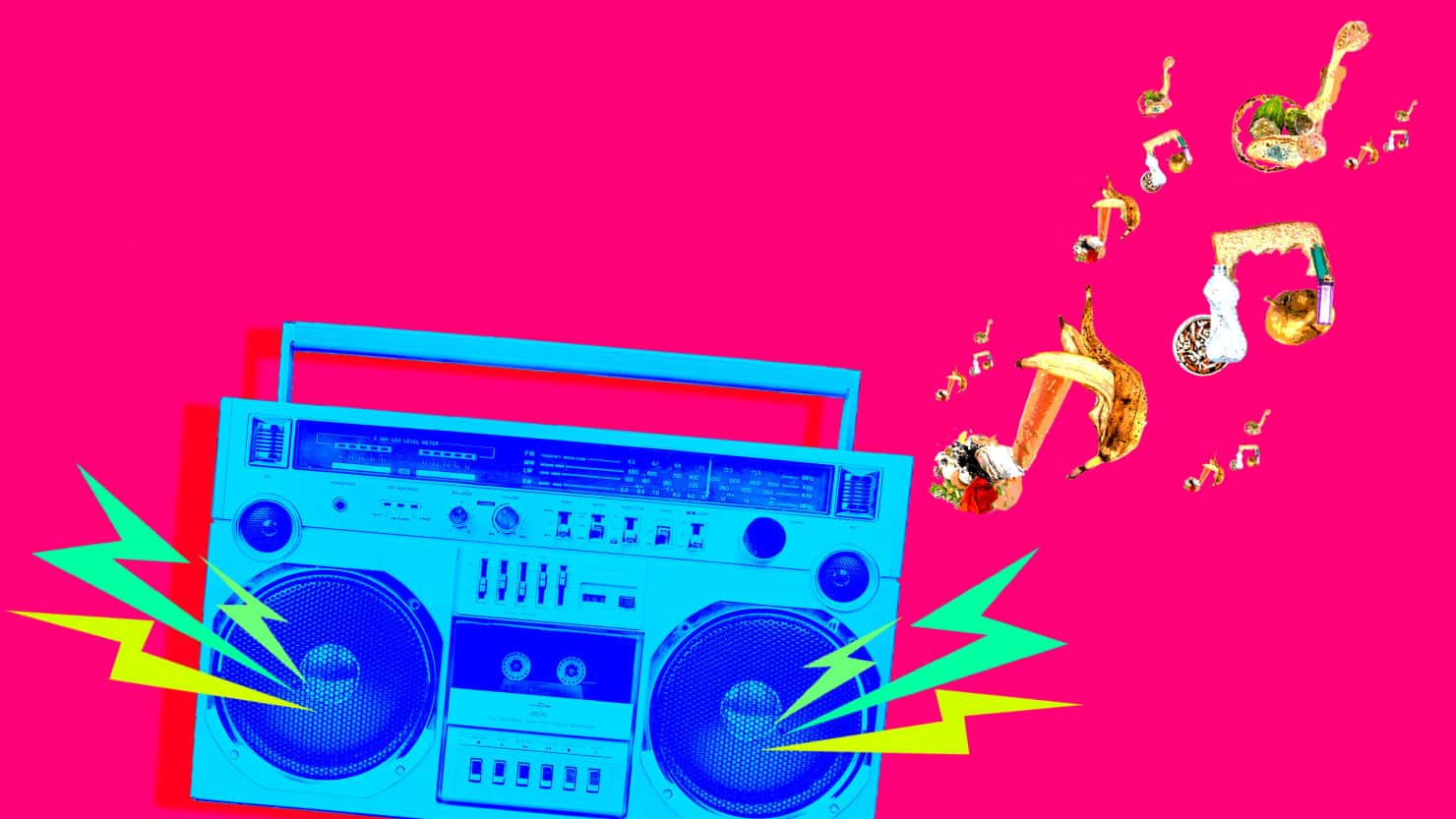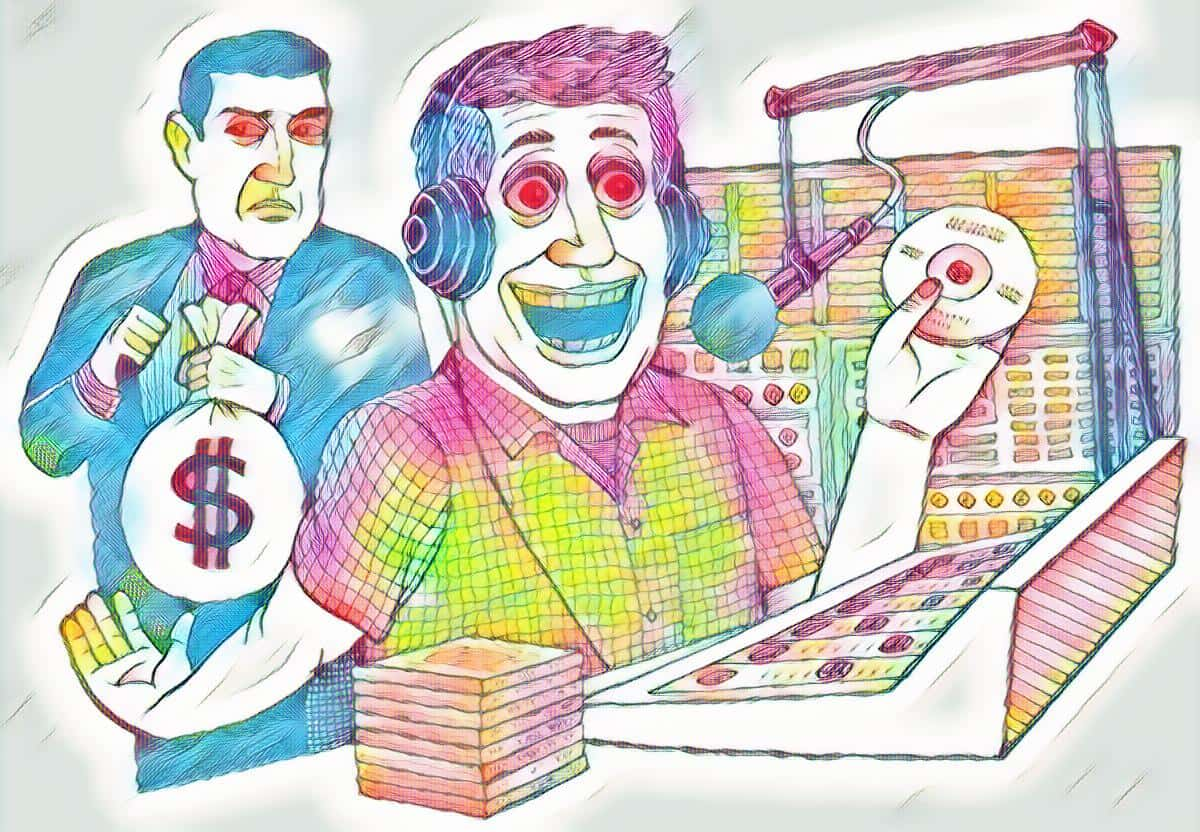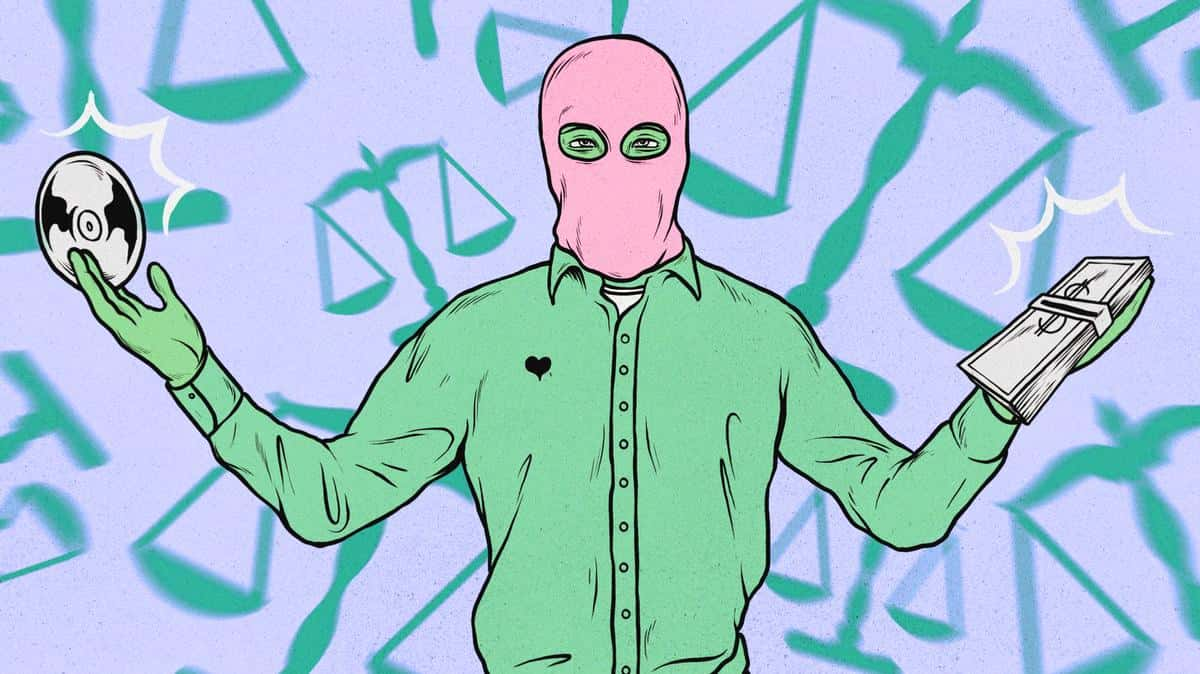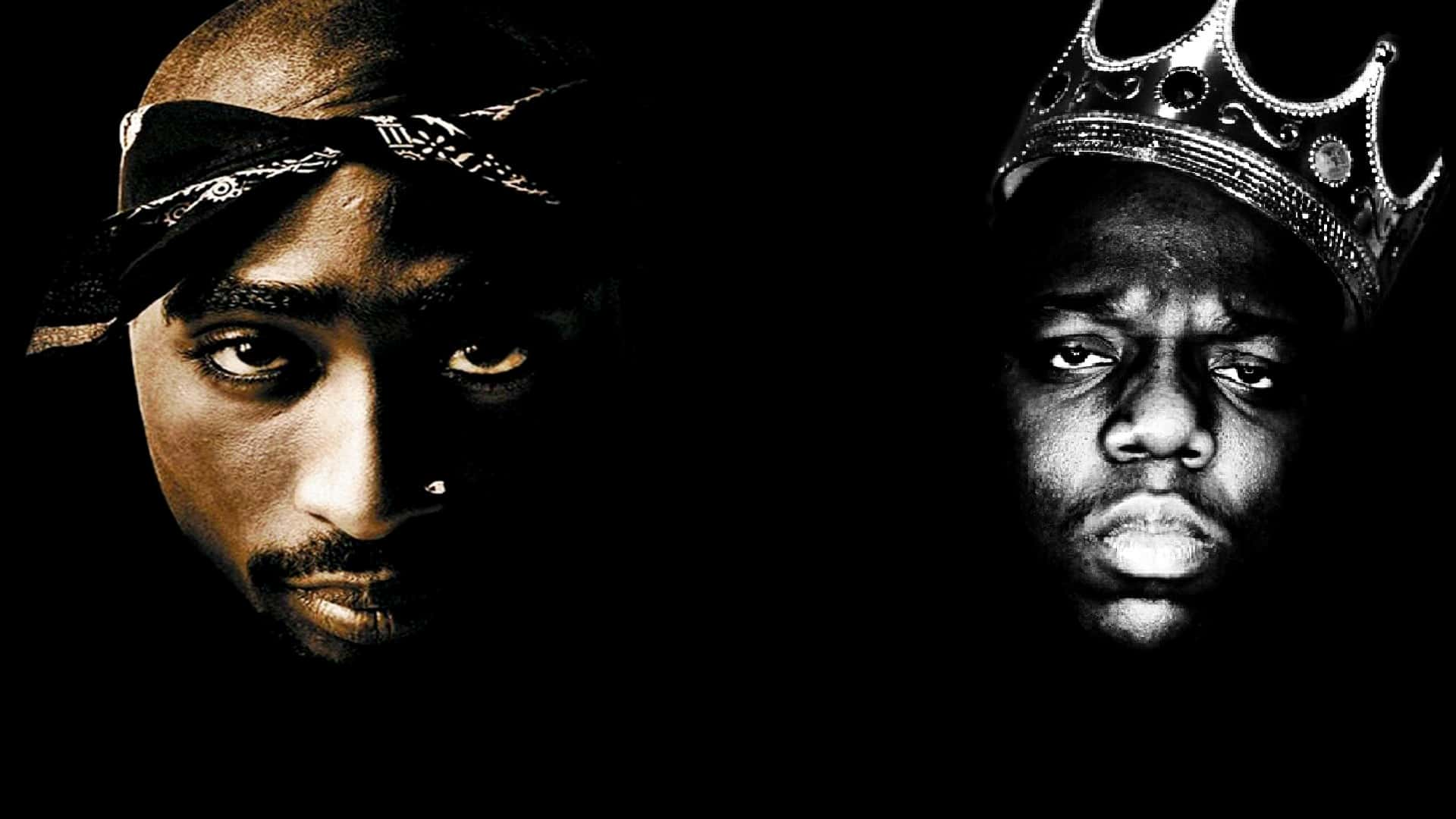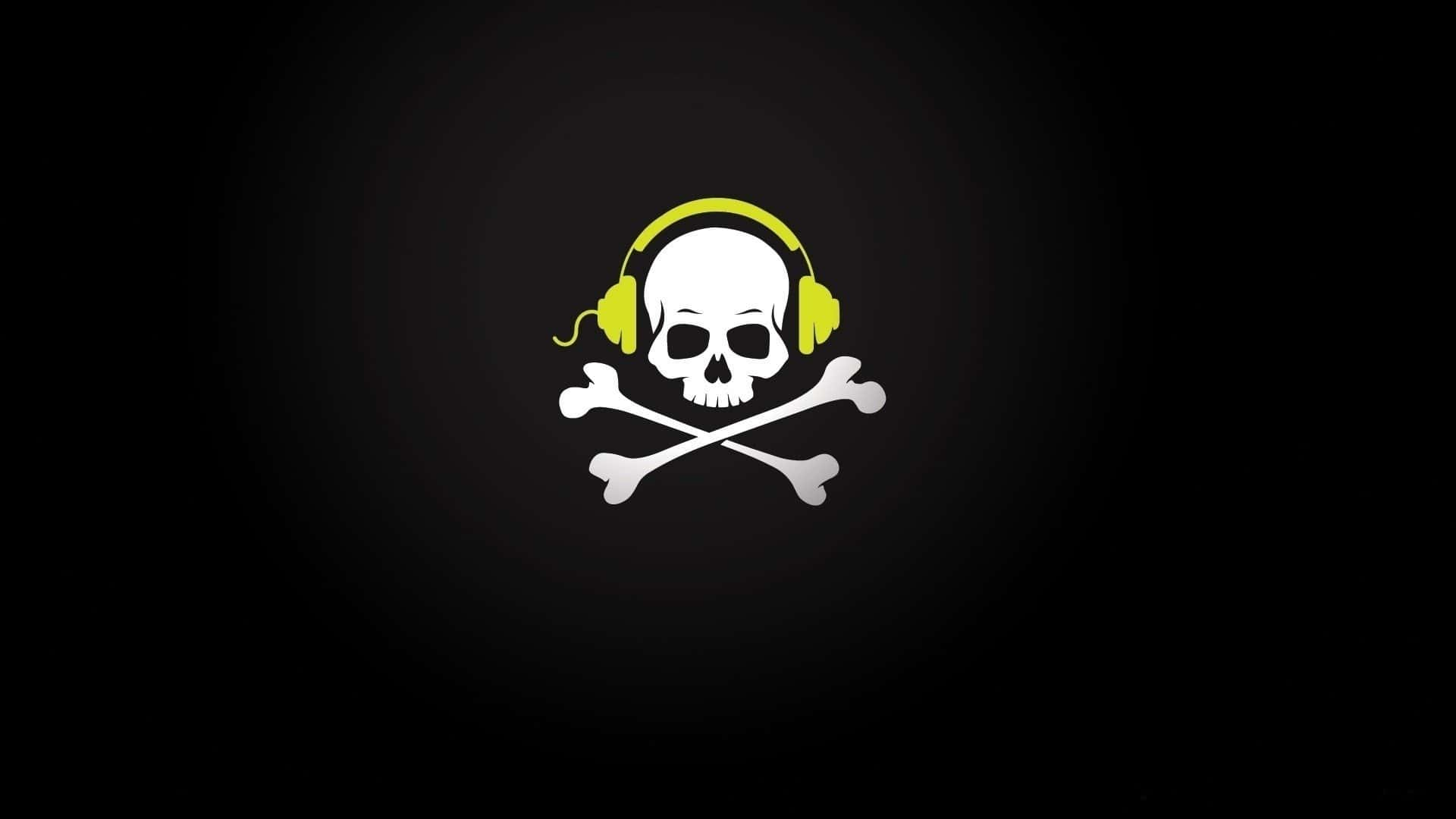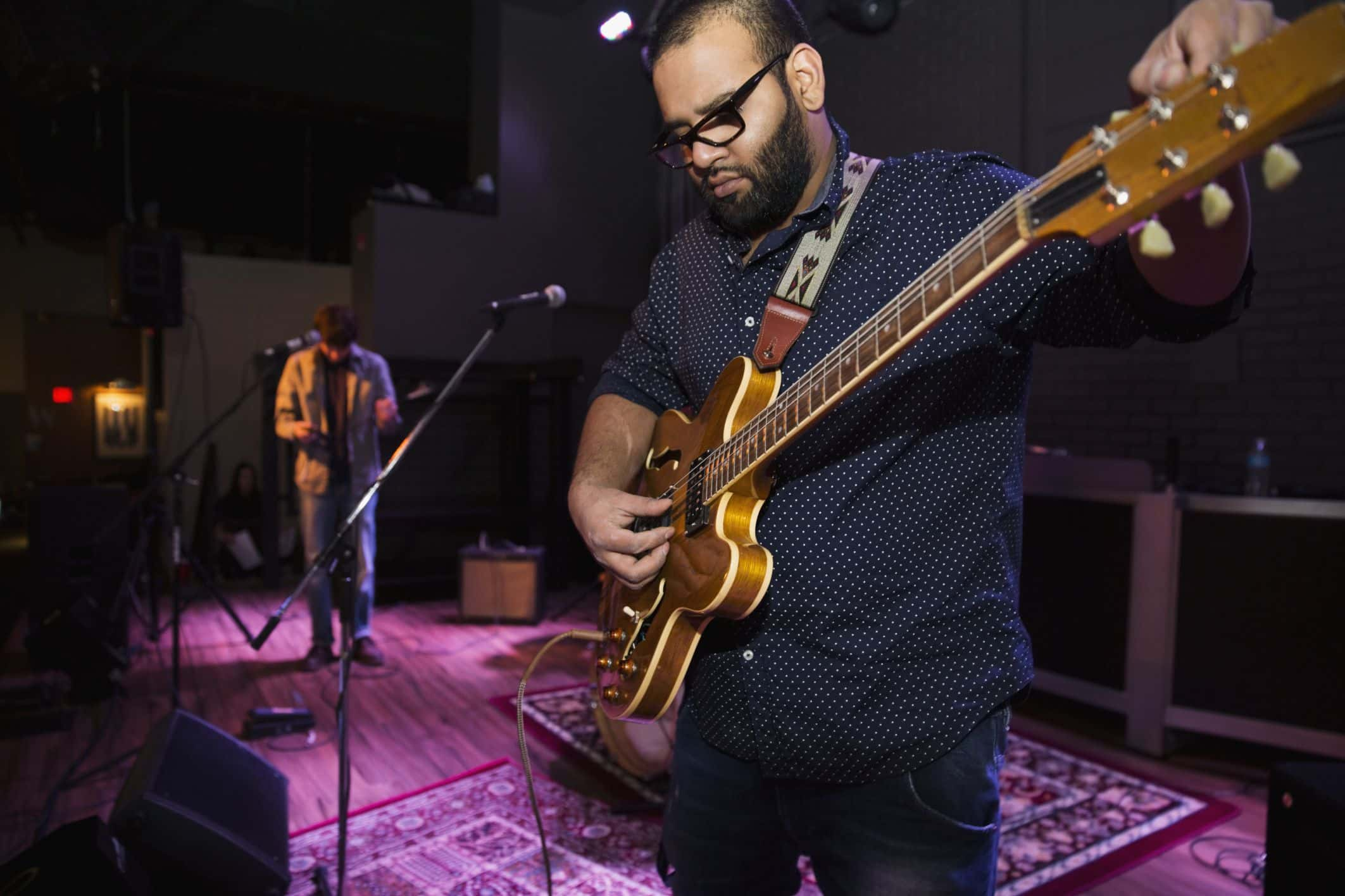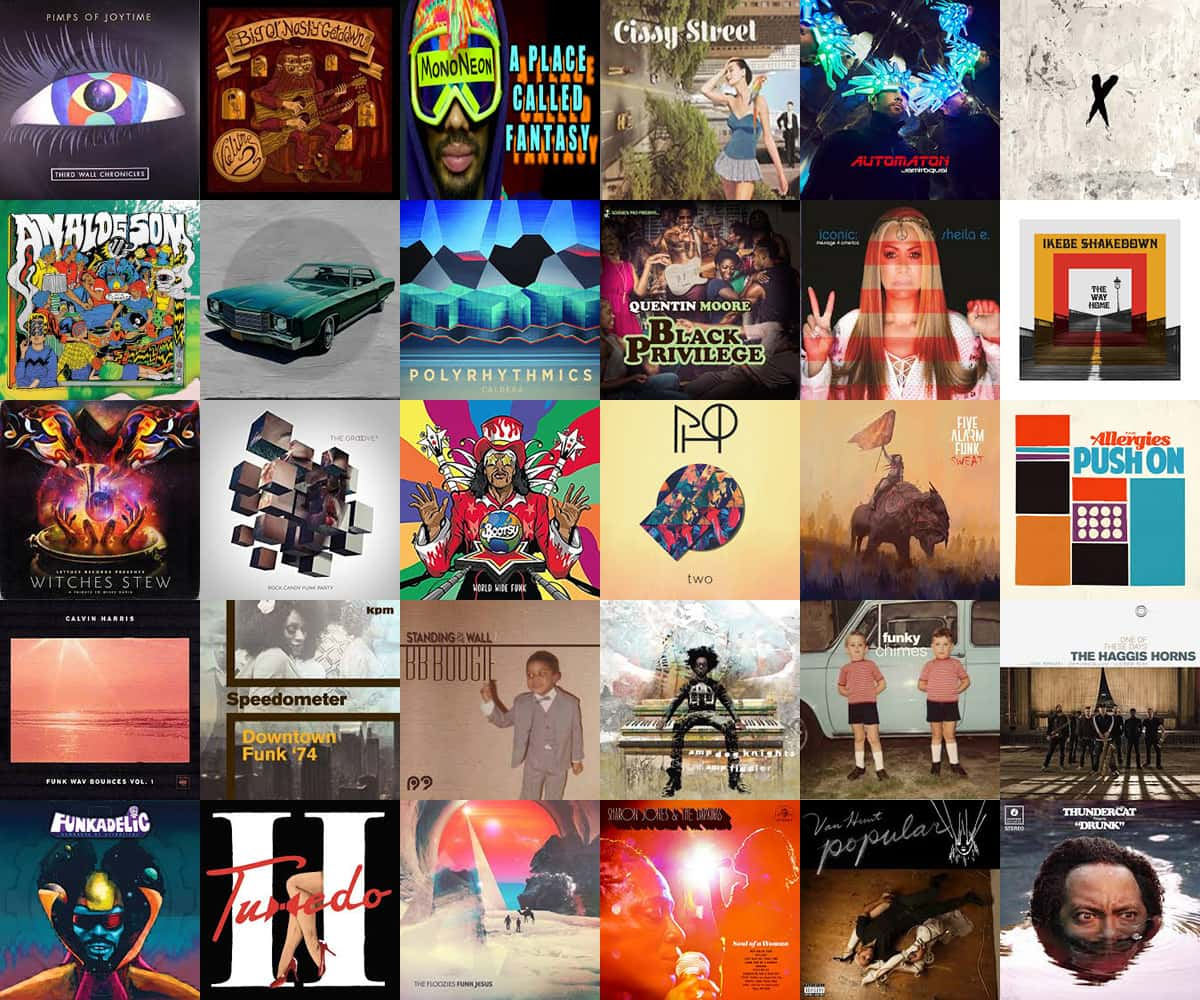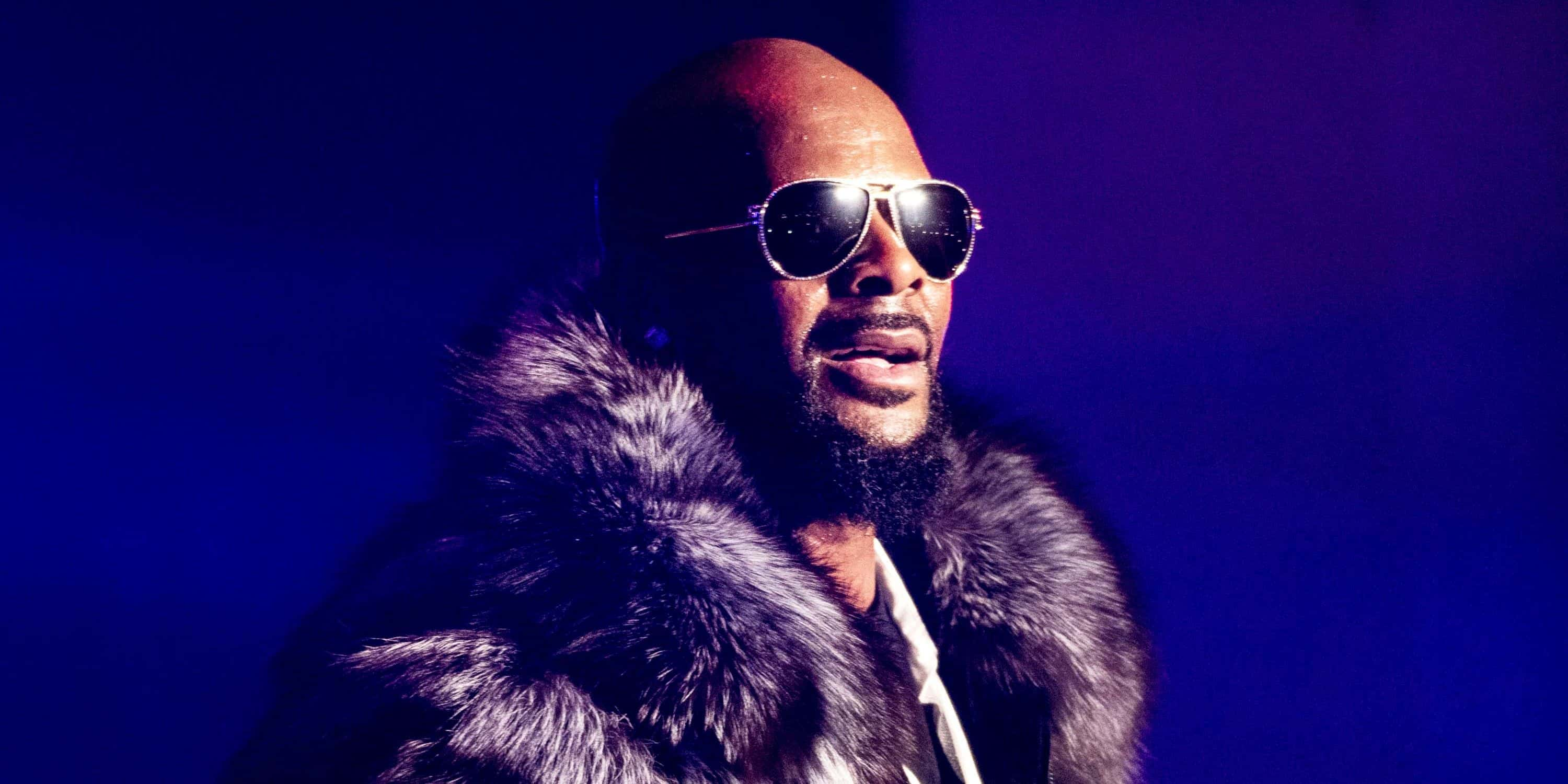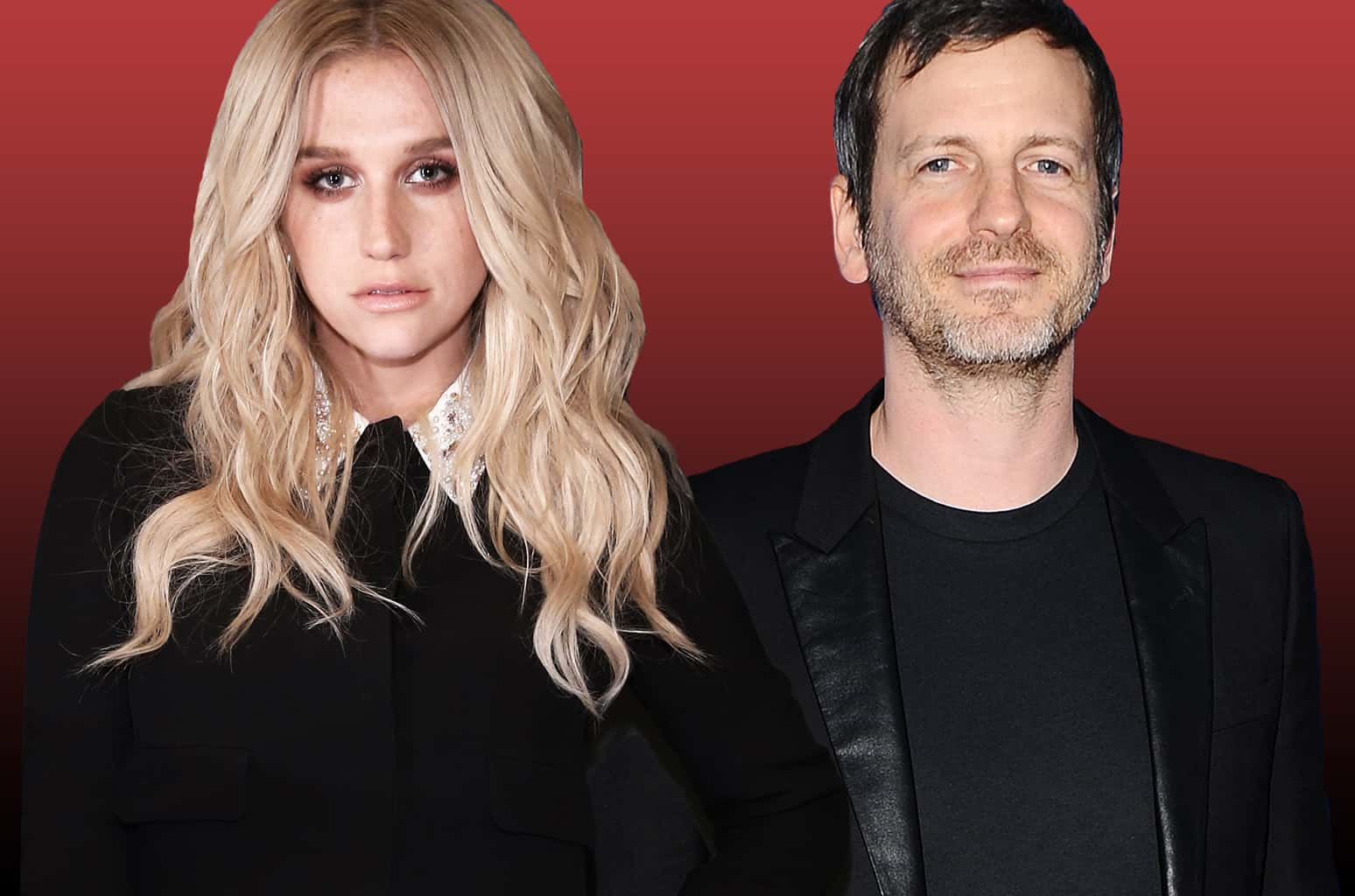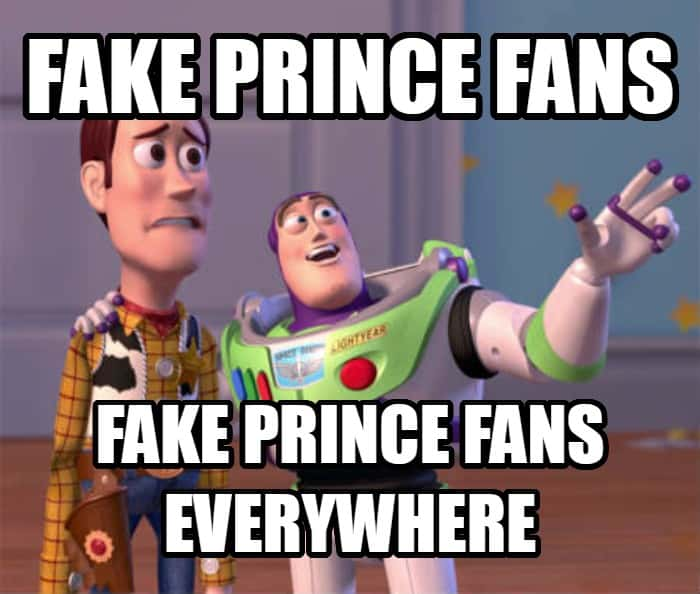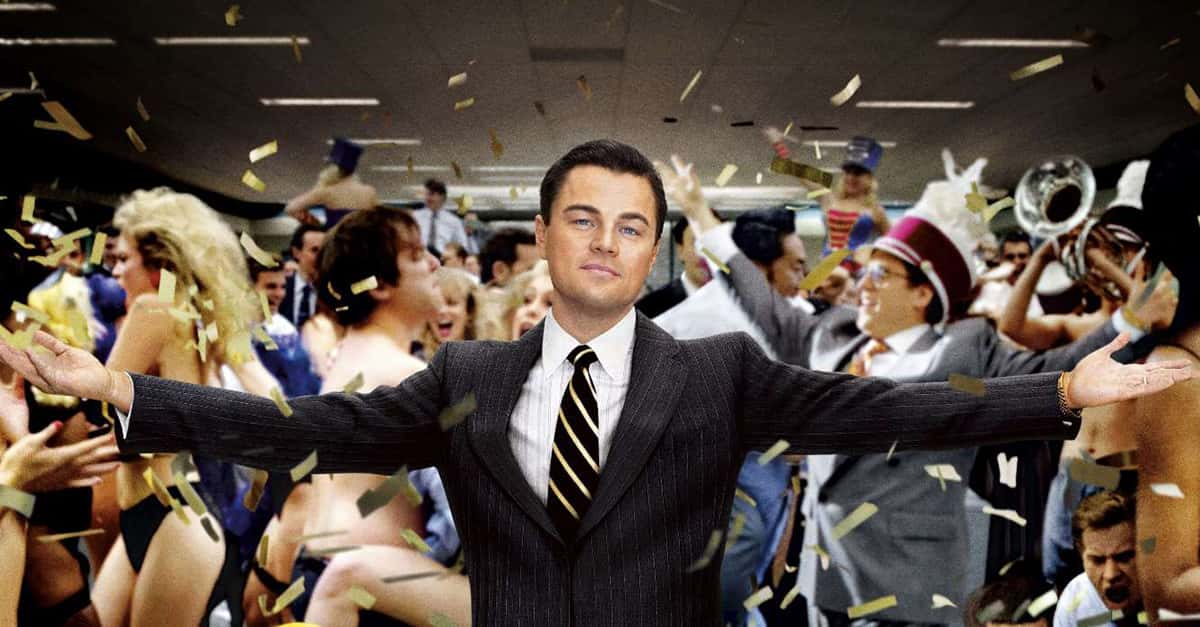Who among us hasn’t dreamed of becoming a rock star? The wild parties. The adoring fans. The heaps and heaps of money. It sounds like a pretty sweet life. And while it’s true the record industry doesn’t bring in the kind of money it used to, rumors of its death have been greatly exaggerated. But don’t trade your car for a guitar just yet, there are still a few things you should know before chasing your rock n roll dreams. Here are 25 deeply unsettling facts about the music industry.
25. The Buyer’s Market
Of course, those numbers presume you sell anything at all. There were more than 8 million songs released in 2011–that’s a lot of music! With so much music to choose from, you could easily get lost in the shuffle (no pun intended). Of those 8 million songs, only about 1% sold more than 1,000 copies.
24. Payola
One sure way to get your music in high rotation is to pay the deejay to play it. “Payola” was a common, though illegal, practice in the 1950s, when a popular deejay could make or break an artist’s career. Legendary deejays Alan Freed, Phil Lind, and even Dick Clark were embroiled in payola scandals.
23. Not Going Away-ola
Although congressional hearings in the late 50s led to a crackdown on payola, the practice continues to this day. In 2006, the three biggest record groups—Universal, Sony BMG, and Warner—all agreed to pay millions in fines for payola schemes.
22. The Loophole
Other “independent” groups have found a way around illegal payola by buying sponsored airtime on radio stations. Spotify’s Sponsored Songs is an example of this in the streaming world. It’s technically legal, but still sneaky.
21. Criminal Records
In Latin America, drug traffickers have used the music industry as a money-laundering scheme. Unknown artists will suddenly gain major promotion on radio stations or at concert venues and then just as suddenly disappear off the radar. So much money changes hands so quickly, it is hard to figure out where it all came from, or where it all goes.
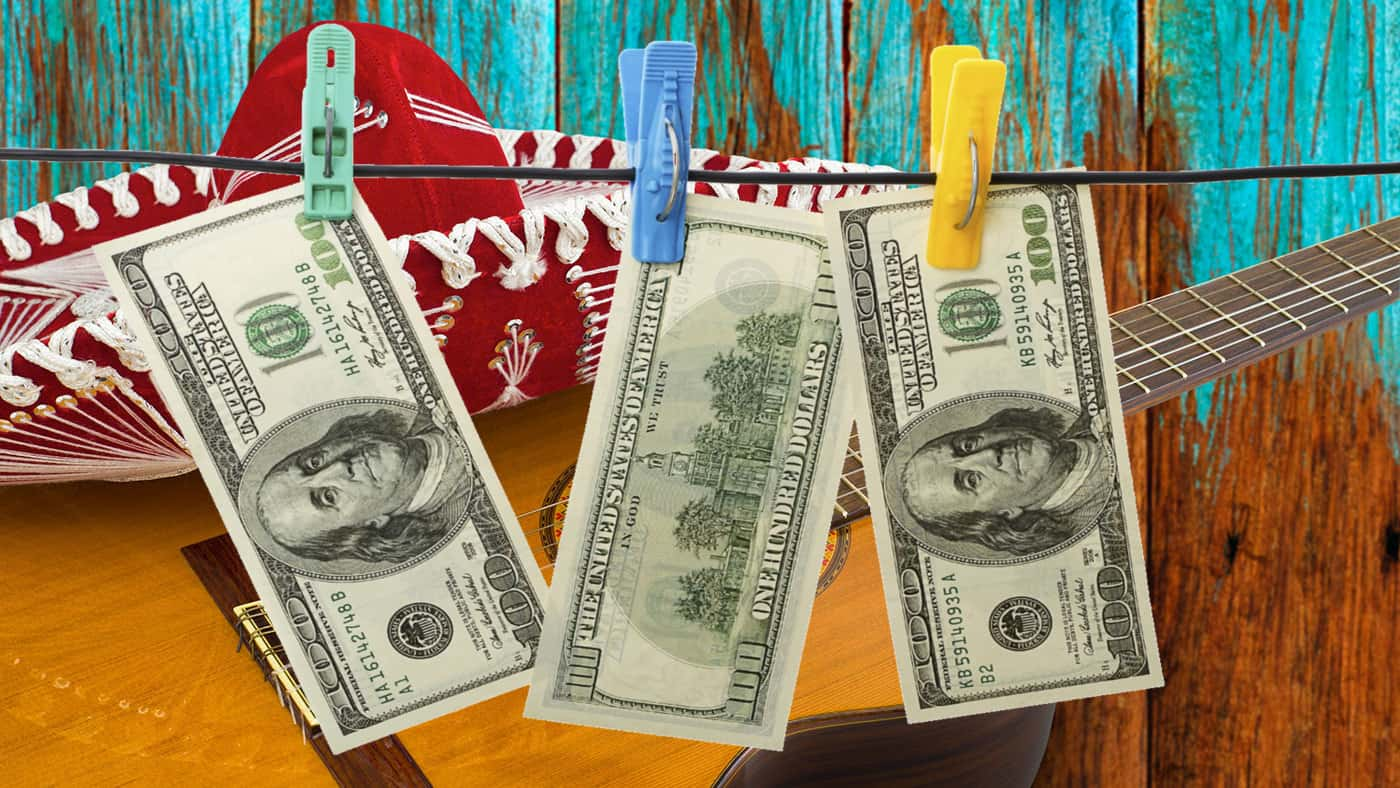
20. Got Beef?
Fans are loyal, and when someone disses their favorite artist, you can bet they’re going to show their support by buying concert tickets and records. Think of how many records were sold because of the rivalry between Tupac and Biggie back in the 90s. Industry executives have noticed the tribalism inherent in fandom, too: many beefs are concocted by music executives, and fall suspiciously close to album releases.
19. Priceless Pals
What does a loyal Twitter follower cost? Some publicists have paid as much as $1,350 for 1,000,000 fake accounts.
 Youtube
Youtube
18. Fairweather Friends
Want loyalty? Get a dog, ’cause you won’t find any in the music industry. Take Mariah Carey for example. The megastar signed a four-album contract with Virgin Records, but was unceremoniously dropped when her album, Glitter, sold a “measly” half-a-million copies. Carey received a relatively small buyout, but this was nothing compared to the nervous breakdown she suffered after the event.
 Pinterest
Pinterest
17. Breaking the Bank
Up to 95% of all music consumed in the US is downloaded illegally. This is bad news for the music industry, obviously, but it’s also bad news the US economy: the reduction in sales means a loss of $12.5 billion in revenue for the American government.

History's most fascinating stories and darkest secrets, delivered to your inbox daily.
16. Golden Oldies
Nothing hurts new music like nostalgia. In the 1980s, 40% of CD sales were made up of older folks rebuying their favorite records in the new format. So while The Beatles were probably still making bank, new artists struggled.
 Youtube
Youtube
15. Pay to Play
For those artists who don’t have label support or managers looking out for them, it can be hard to navigate the realities of booking gigs. Some fall prey to pay-to-play scams: venues will charge artists to perform as the opening act for a bigger artist, or if there is a label rep in the house. A lucky few might get their big break, but it’s better to remember you can’t buy groceries with exposure.
14. The Big Three
Virtually all the music you hear on TV and radio is released by three giant corporations: Universal, Sony BMG, and Warner Music Group. They cover more than 90% of the market.

13. Stranglehold
Of the 38 weekly top-selling albums of 2017, all but two were released by one of the Big Three or their subsidiaries.
12. Live Fast, Die Young
That rock n roll lifestyle can take a toll. According to one Australian study, the lifespan of a musician might be lower than the average by 25 years. This lower lifespan includes increased chances of accident and murder.
11. The 27 Club
That low average is due, in no small part, to the 27 Club. Music fans have noticed the eerie frequency with which music stars die at the age of 27, a tradition that seems to begin all the way back in the 1930s with blues guitarist Robert Johnson (it might even start as early as 1892 if you're an Alexandre Levy fan). Other members of the club include Janis Joplin, Jimi Hendrix, and Kurt Cobain.
10. Sad, Sad Songs
One recent survey showed that, in the UK at least, people working in the music industry were three times more likely to suffer from depression than people in other industries.
9. The Boys in the Band
The music industry can be even tougher to break into if you are a woman. According to a recent survey, almost 88% of credited songwriters and 83% of musicians in the recording industry are men. Of the 12% of songwriters who are women, only 26% have worked more than once in the last six years.
4. Producing Sexism
The gender gap gets even wider when you look at producers: just 2% of credited producers in 2017 were women. In fact, less than 4% of the producer’s guild is female.
8. Rampant Sexual Harassment
The absence of women in positions of power undoubtedly contributes to a culture of sexism in the music industry. High-powered figures like Dr. Luke, Russell Simmons, and R. Kelly have been accused of sexual harassment.
7. Kesha v. Dr. Luke
In 2014, pop star Kesha levelled charges at her producer, Dr. Luke, alleging that he had sexually assaulted and abused her for years. Not only did the judge rule against Kesha’s allegations, the judge also found her suit insufficient to release her from her contract. Essentially, Kesha would either have to continue to release music on Dr. Luke’s label, or not release music at all.
6. Reluctant Release
Artists, male and female, rallied around Kesha, describing the situation as an example of courts siding with corporations over people. Others pointed out that the judge in the case was married to a representative of Sony Music Group, the parent company of Dr. Luke’s Kemosabe Records. Kesha shied away from the spotlight and didn’t release any new music until 2017. When she returned with a new album in 2017, the album was released on Kemosabe Records.
5. That Stinks!
Not even Beyoncé can eke out a living through music alone. She makes more money from her perfume sales than her album sales.
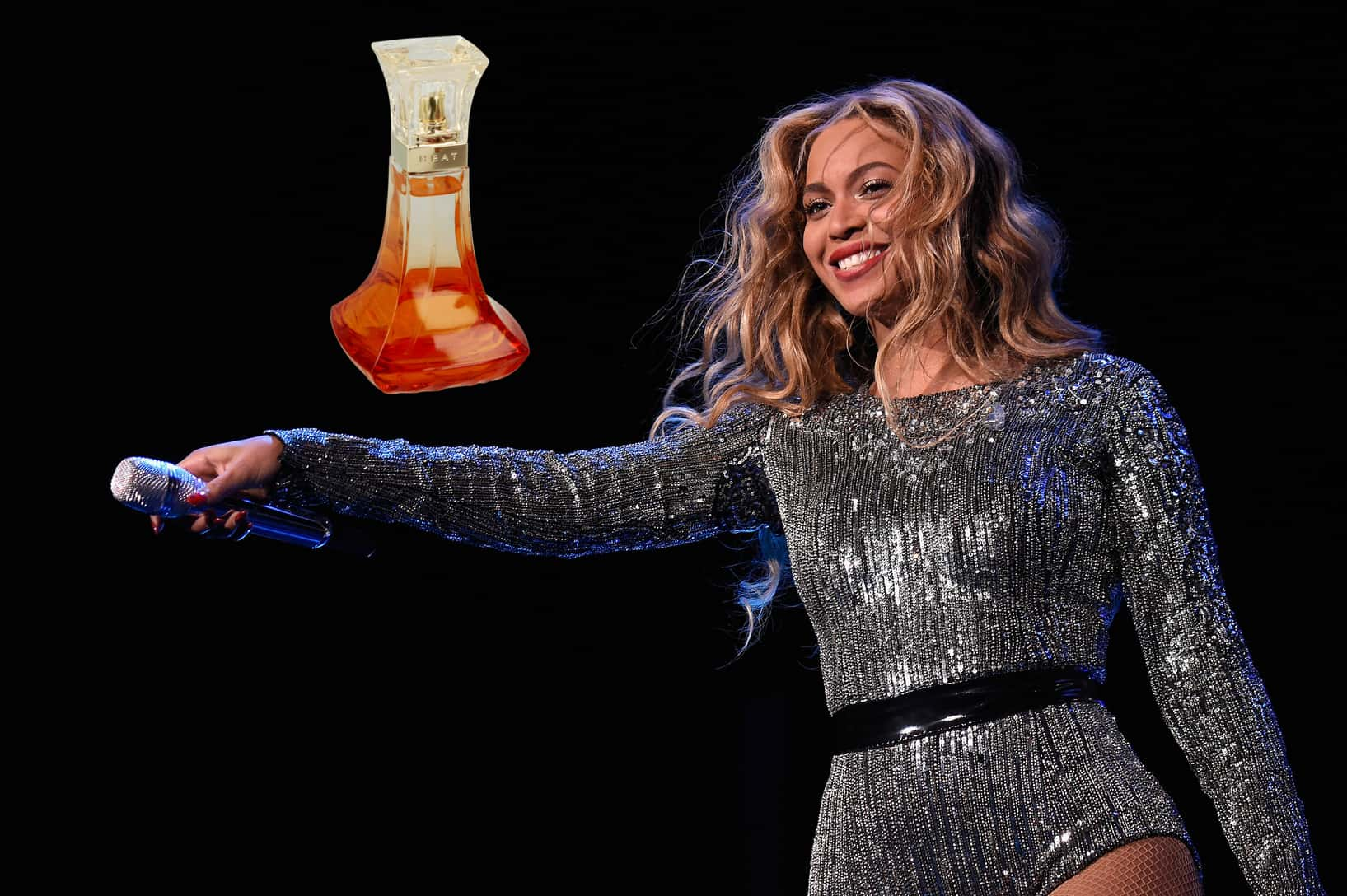
4. Making Ends Meet
If you’ve got big dreams of striking it rich in the music industry, think again. 63% of album and download sales go to the label, and another 23% to the distributors. By the time the lawyers, publishers, producers, and managers get their cut, the average musician sees just 2.3% of the profit.
3. Guess He Was a Scrub
In 1994, Lisa "Left Eye" Lopes of TLC got into an argument with her abusive, NFL player boyfriend, Andre Rison, over how many sneakers he bought for himself. Lopes ended up setting fire to a pair of the shoes in the bathtub, but ended up burning Rison's entire house down. She was arrested for felony arson, and had to pay a $10,000 dollar fine on top of five years probation.
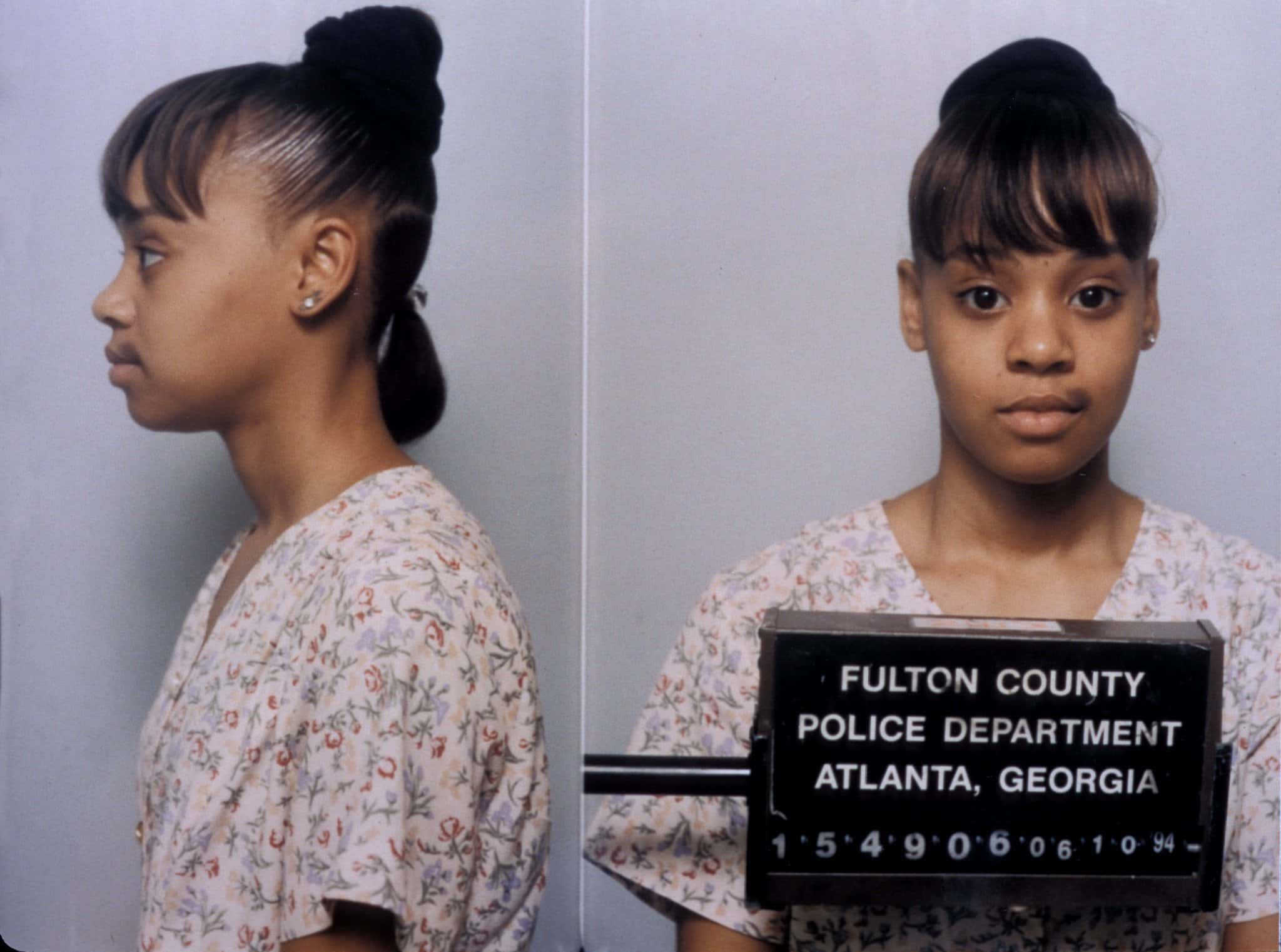 The Kona Gallery
The Kona Gallery
2. Fake Fans
When an artist can’t win friends through talent and personality, the industry will gladly buy them. Even successful artists resort to this tactic: one artist (we won’t say who, but it sounds like Maty Schmerry) has 83 million followers on Twitter, but only 35% of them are real people.
1. We Talkin' About Practice!
The classic riff at the beginning of "Sweet Child o' Mine" by Guns N' Roses began as a simple string skipping practice exercise Slash would do. As he was playing it, the rest of the band started playing along in what was just meant to be a jam session, but Axl Rose heard them playing in the other room and began writing lyrics to it. The song would become one of their biggest hits, but Slash always resented it, saying "[The song] turned into a huge hit and now it makes me sick. I mean, I like it, but I hate what it represents."
 Alternative Nation
Alternative Nation

